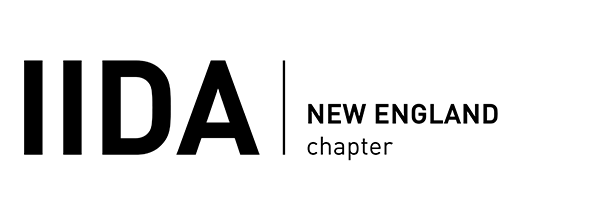Career Advice
Thomas Pugh, MBA What sets a candidate apart in this competitive job market? Soft skills, like strong communication skills, and project expertise can be real differentiators. Firms are looking for well-rounded individuals who they can invest in for the long-term. It’s also important to maintain a solid understanding of the latest software in the interior design field so that you can hit the ground running when you begin a new role. What advice would you give recent grads in this market? Pursue design firms and opportunities where you can get as much exposure as possible to the entire design process. New graduates need an environment where they can grow and develop and find mentorship opportunities. I would also suggest pursuing a firm that aligns with the projects and design you’re passionate about. It seems in this economy contract positions are a trend. What are the pros and cons of contract work? Contract positions are becoming more prevalent and this trend has been amplified with the impacts of COVID-19 and managing uncertainty. The main advantage of contract positions is variety – the opportunity to work on multiple types of projects and with a variety of firms. This experience allows you to better evaluate what type of work will best align with your long-term career goals. A common disadvantage is the lack of job security due to the project-based nature of contract positions. What market segments are you seeing continue to grow? We’ve seen exponential growth within the life-sciences, healthcare, and multi-family sectors. New England has always had a strong presence in these sectors, but COVID-19 has shone the spotlight on them even more. How flexible should you be with your expected salary and benefits given the economy? No one wants to settle but you also don't want to take less than your experience and expertise are worth. Salaries have remained relatively consistent throughout the pandemic. It’s important to research competitive compensation packages in your field as a part of your job search so you know what to expect. Architectural/Interior Design recruiters are an excellent resource as they have the most up-to-date market knowledge. It is extremely important to take a long view when evaluating a job offer. Compensation is important but it can be even more important to consider how an opportunity will advance your long-term career goals. What are the dos/don’ts for resumes? It’s important to create a resume that is clear and concise. The average employer evaluates a candidate’s qualifications within seconds. A well formulated resume can make the difference between getting an interview or not. Do include your work experience chronologically as well as software proficiencies and specific project details. Don’t include your picture, personal hobbies, or references. These are best addressed once you are invited into the interview process. What advice do you give to candidates about pivoting to a related position? (i.e. designer to sales rep, designer to project management/construction) When making a shift in your career it is important to focus on your relevant, transferable skill sets. You must frame your experience in a way that amplifies how it would be of value to the new position. Your resume should be tailored and customized to showcase your skills and experience in the most relevant way for the role and industry you are applying to. Anything else you'd like to share? While it has been a tough year, the design community is resilient. There is optimism in the market and I’m confident that the profession you have chosen, although difficult at times, will continue to be rewarding for many years to come. |

